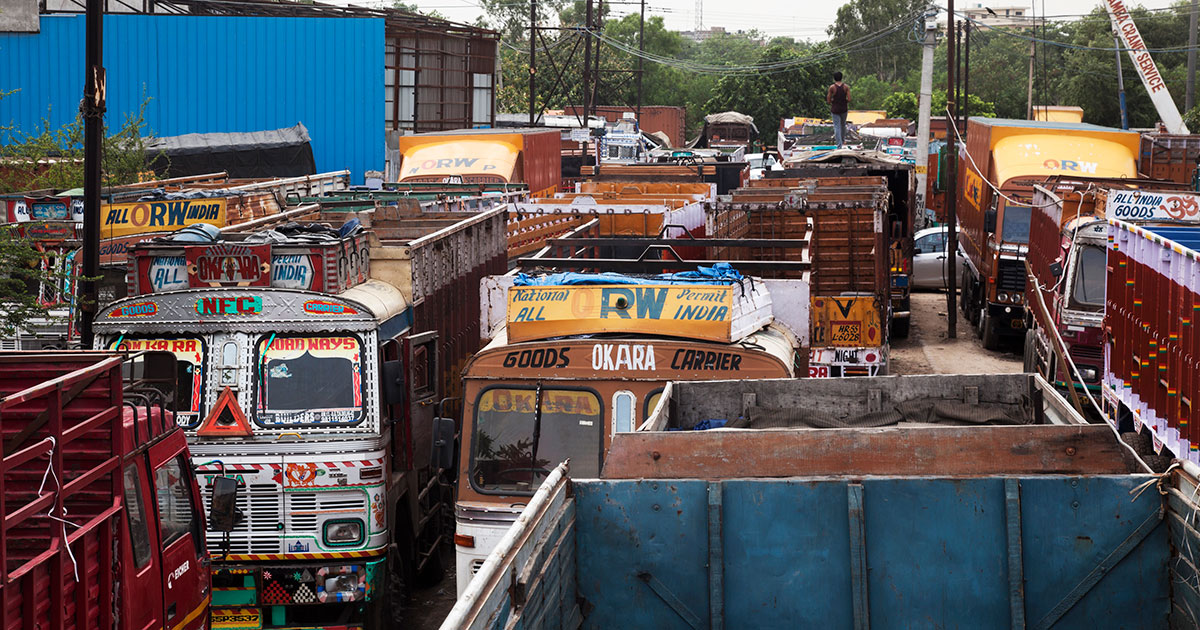With the implementation of the biggest reform (GST) in the modern history of India, the expectations were quite high. It is meant to benefit the businesses and economy equally coming under the ambit of Goods and Services Tax.
But the GST implementation in hurry and disorder manner is dragging the revenue target away and not improving Asia’s no. 3 economy, as expected. According to Crisil Ltd, the states who want to restore pre-GST earnings are making a critical check at their borders and the bribe activities are prevailing at the borders. Rakesh Kaul, chairman of a trucking firm, Caravan Roadways Ltd said that the people at the check posts are still taking bribes through other means and they are checking each and every vehicle instead of a random check.
These activities were not supposed to practice as the GST was implemented with an objective of removing the cross-border check and convert into a single market.
Gopal K. Krishan, secretary general, All India Confederation of Small and Micro Industries Associations said over the issue, “Because of these conditions, the registered buyers and large companies are unwilling to take supplies from us. We have cut down production.”
At the time of GST rollout, some observers anticipated that small businesses would scramble and some favoured GST move saying it would reduce check posts at state borders to create a single market in India. The expectations were that the trucks would travel at ease, the business process would become more efficient and high logistic costs would reduce.
But the recent reports reveal something very opposing saying GST implementation generated only normal profits. A report from Crisil formed on 9 November stated that now trucks are travelling extra 25 km instead of the targeted aim of 100 km.
Vineet Agarwal who is managing director of Transport Corp. of India Ltd explained that some routes after GST implementation have elevated in a positive manner but the chances to make the situation more critical are high as the government is ready to roll out an e-way bill system for all trucks in January. He further said “It’s a long way off to see the benefits translate into real economics. It’s a work in progress.”










